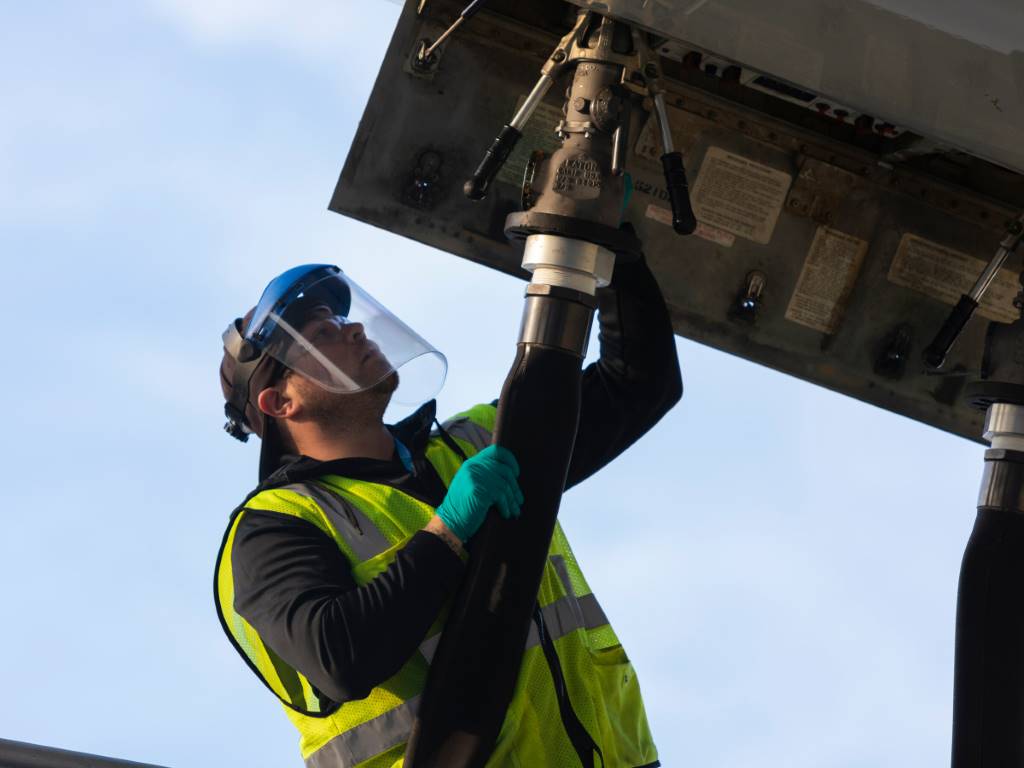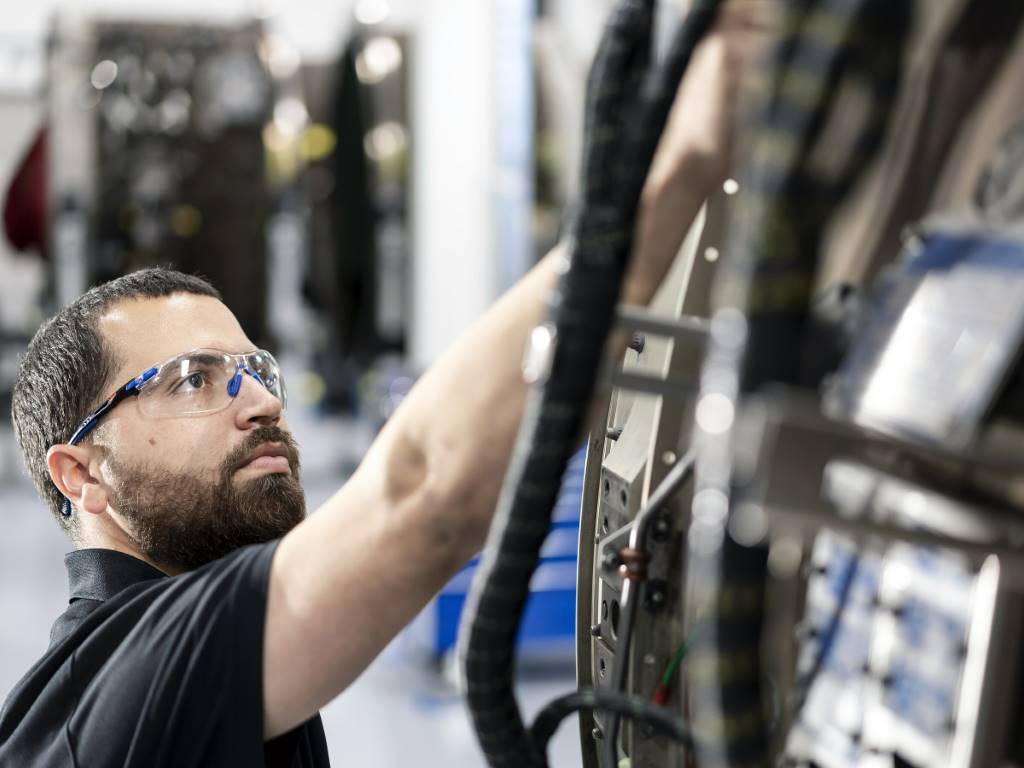Pandemic will jumpstart automated manufacturing – IFR

Companies around the world are increasing their use of industrial robots. In the five years until 2018, the global operational stock of automation systems rose by about 65% to 2.4 million units.
For the same period of time, the Bureau of Labor Statistics in the US reported a positive impact on the job market. The largest adopter of robots, the automotive industry, has increased its employment by 22% from 824,400 to 1,005,000.
These facts contradict the conclusions recently published by MIT’s news office on economist Daron Acemoglu’s research. Based on data from 1990-2007, Acemoglu identifies an overall negative effect of robots on employment in blue-collar working communities in the US.
Yet recent experiences in the US, Europe and Asia prove the opposite, according to the International Federation of Robotics (IFR).
Robot adoption will likely be a critical determinant of productivity growth for the post-Covid-19 economy – these are results of the IFR’s paper titled The impact of Robots on Productivity, Employment and Jobs.
“The impact of automation on employment is not in any respect different from previous waves of technology-driven change,” said Milton Guerry, president of the International Federation of Robotics. “Productivity increases and competitive advantages of automation don´t replace jobs – they will automate tasks, augment jobs and create new ones.”
Research by the OECD shows that companies that employ technology effectively are 10 times more productive than those that do not. To equip the workforce with the soft skills and technical knowledge required in the post-Covid-19 economy, a tight collaboration between industry, government and educational institutions is needed, the IFR states. Governmental policy incentives should encourage corporate investment in training and support funding of education.
Companies around the world are reassessing their global supply chain business models in reaction to the lessons learned from coronavirus. This will likely accelerate the introduction of robots, leading to a renaissance of industrial production in some regions – and bringing back jobs.
After the crisis, IFR expects a considerable boost for robotics and automation, even if the industry cannot currently decouple itself from the economic downturn.












